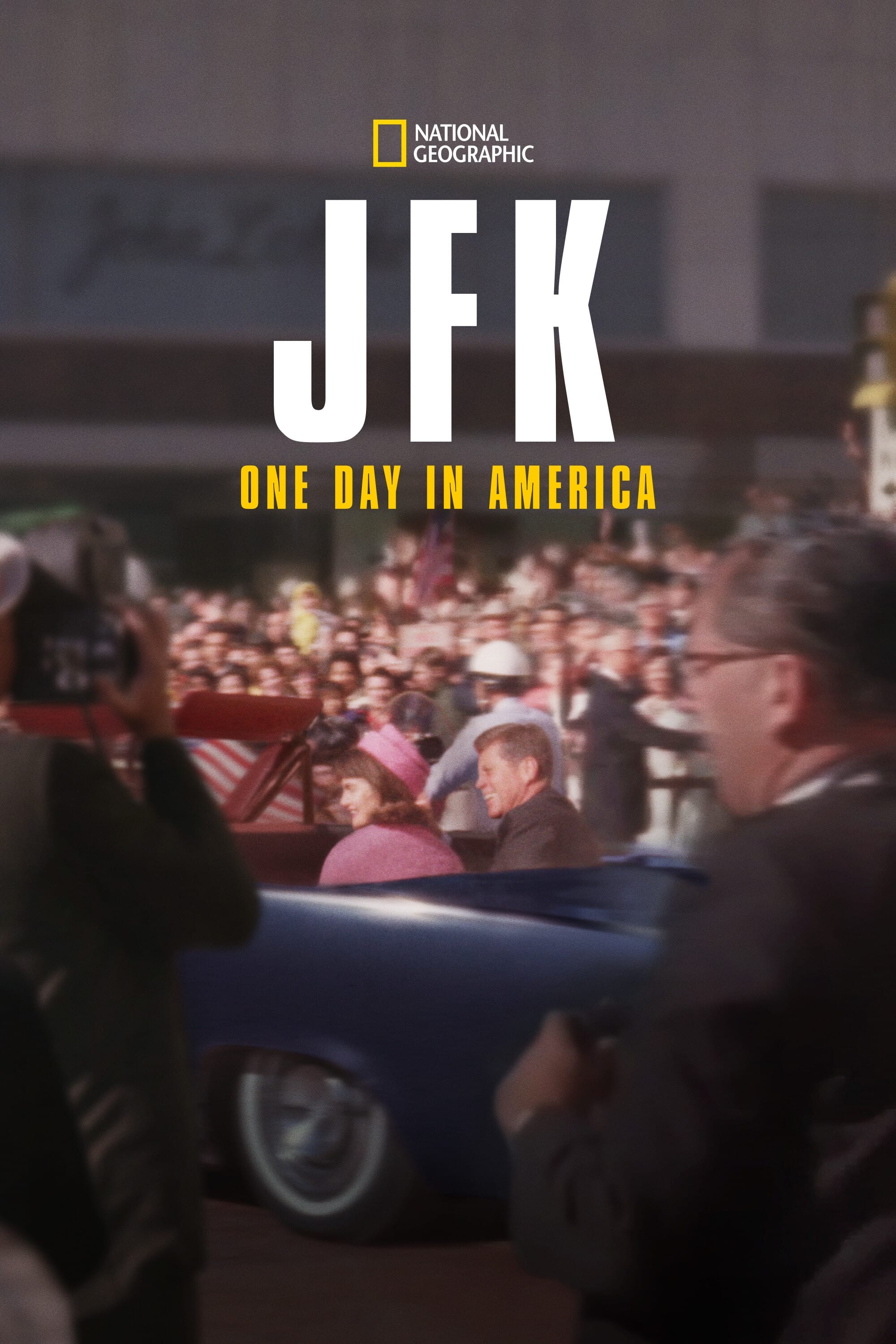
On the 22nd of November 1963, the President of the United States of America, John F. Kennedy, was assassinated. For the 60th anniversary, this series takes us into the day almost in real-time. Across three episodes, what unfolds is a presidential assassination, a full-scale manhunt, a murder of a policeman, and the killing of the assassin. Giving insight into the multiple perspectives of a day in a brand-new way that will cut through the clutter and appeal to audiences around the world.
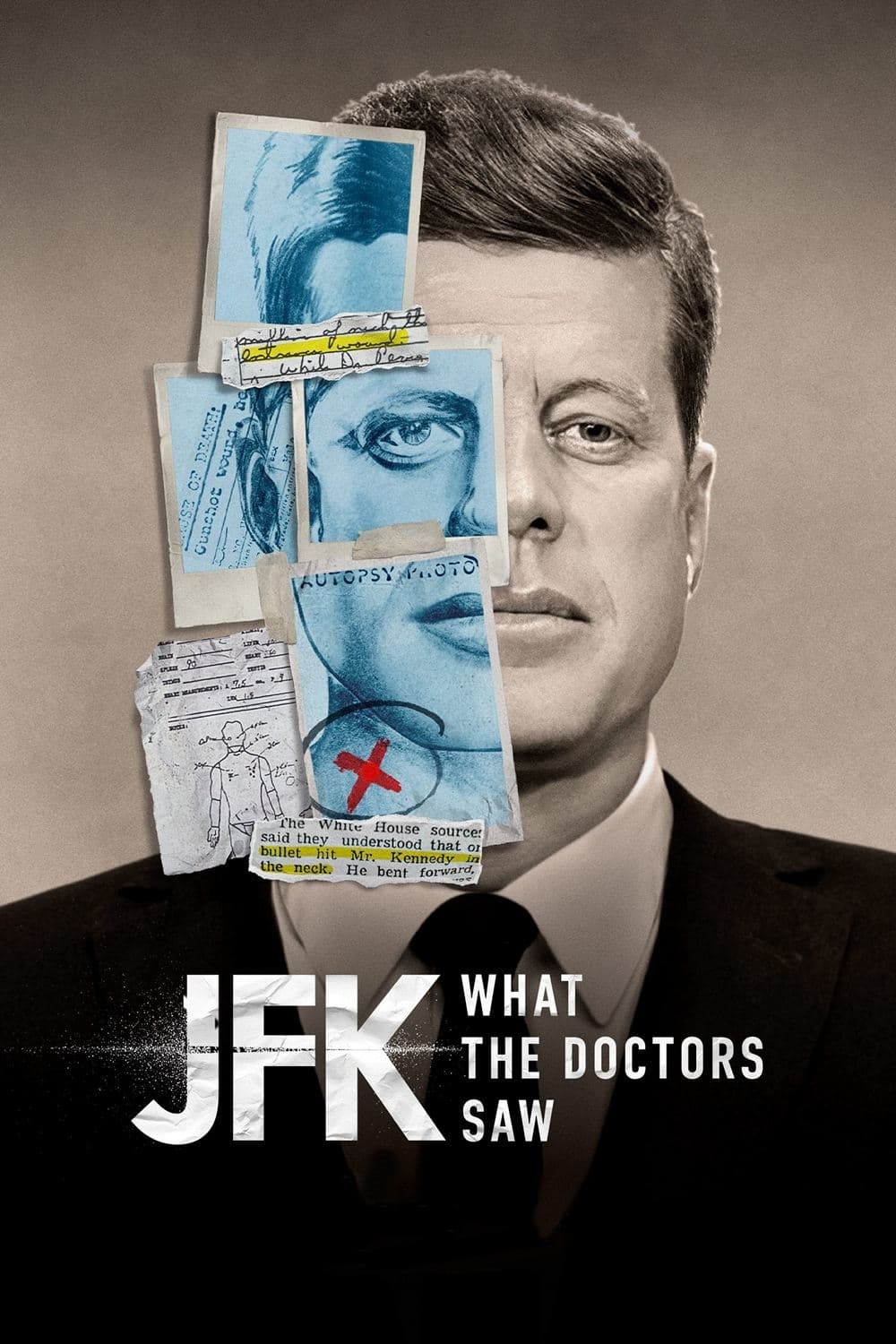
Unsettling medical details on the JFK assassination are disclosed by seven doctors who were in the ER during a futile effort to save his life in 1963.
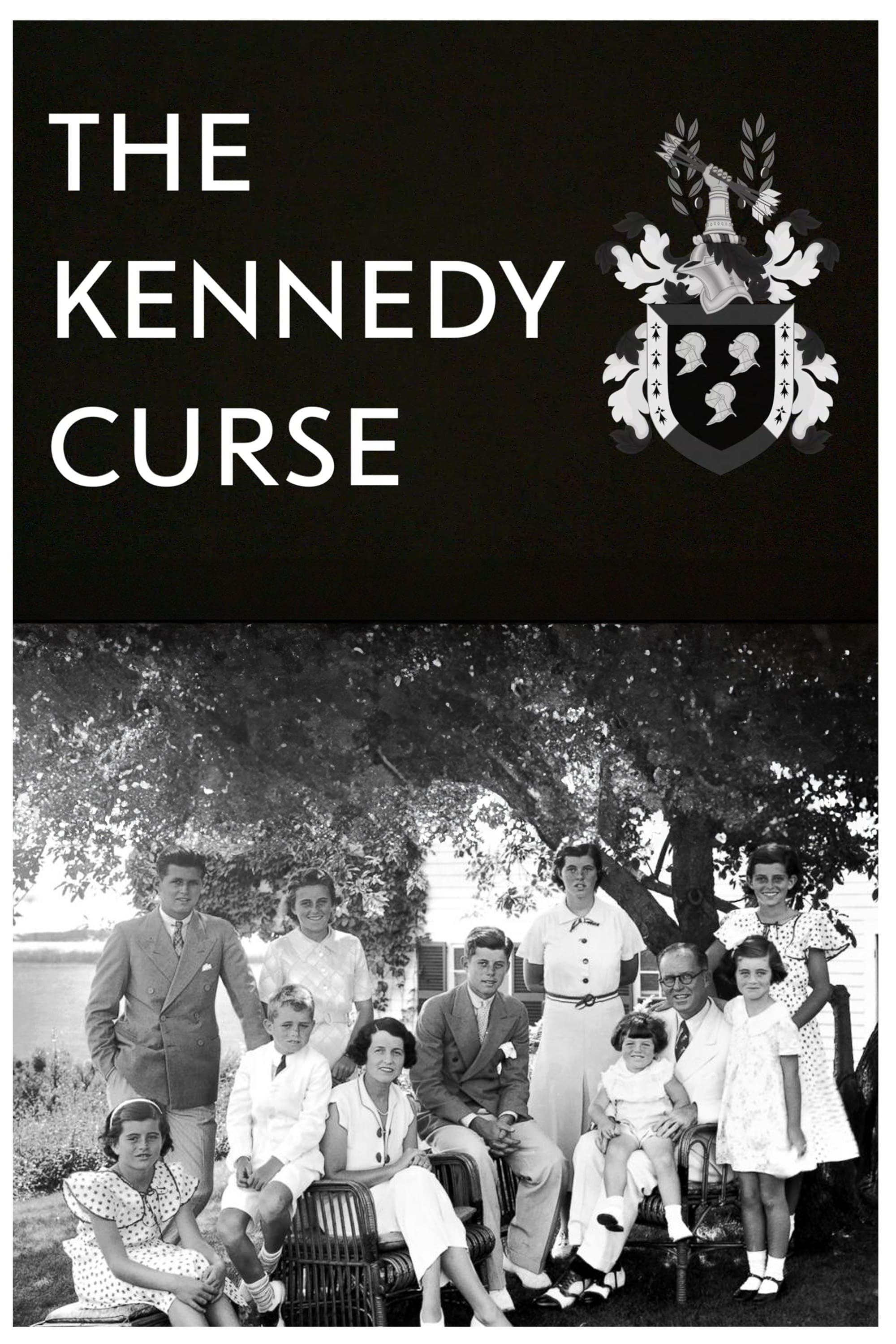
A found-footage short film documentary exploring the tragedies surrounding America's royal family: The Kennedys. The film highlights the Camelot era spanning from Joe P. Kennedy Sr.'s rise to power until the deaths of John Jr. & Carolyn Bessette. Created in March 2024 for the FILMMAKING 2: SIGHT & SOUND course at the University of Pittsburgh.
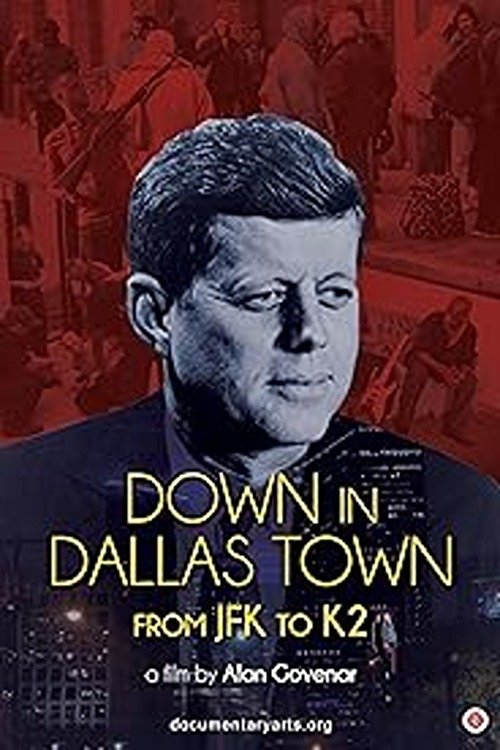
Through interviews with people on the street and songs recorded to memorialize JFK in the mid-1960s, the film explores the impact of the November 22, 1963 assassination on issues in today’s world, from lingering conspiracy theories to the proliferation of gun violence, homelessness, and the scourge of K-2.
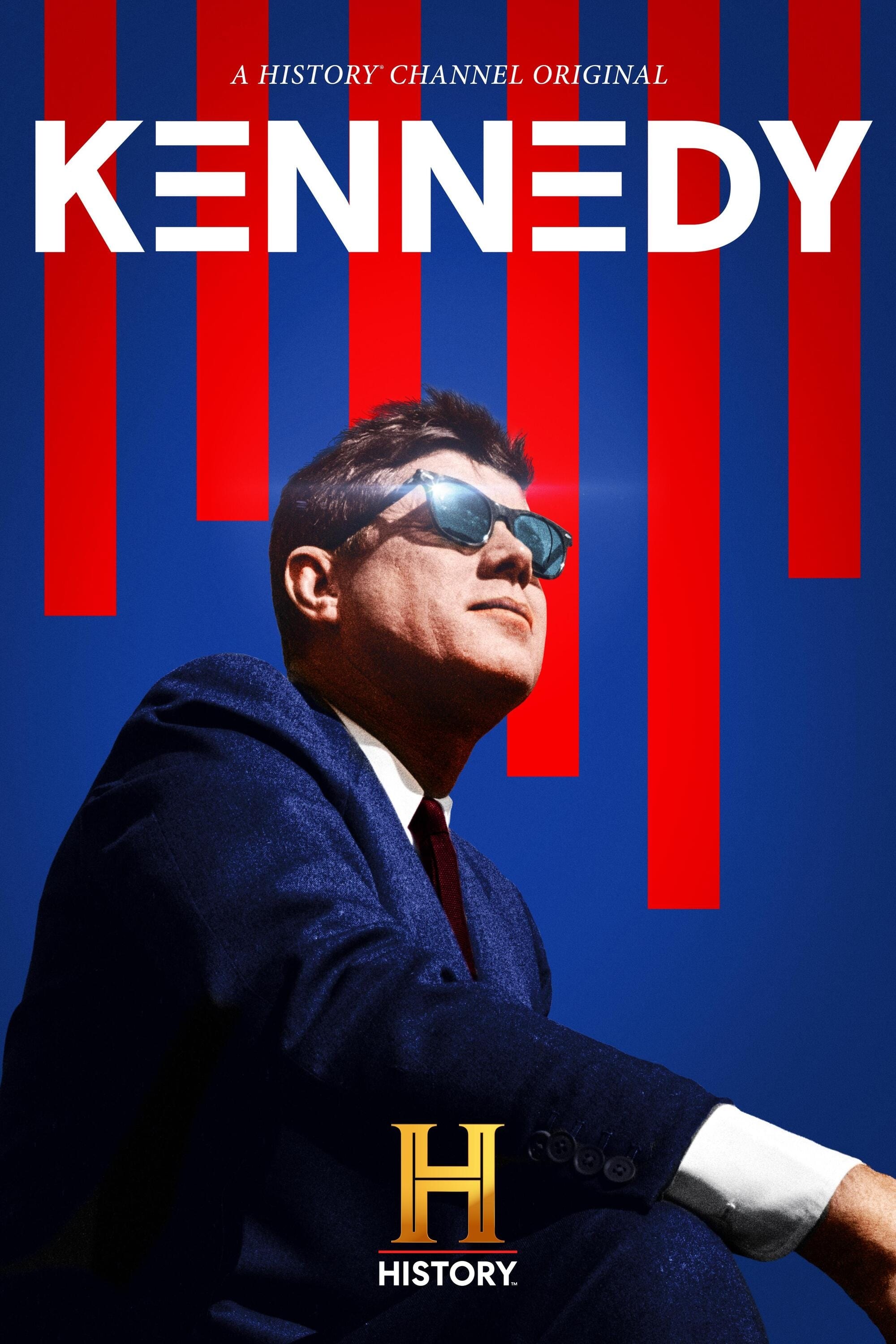
A chronicle of John F. Kennedy's life, including his youth, ascension into politics, presidency, and his lasting impact on history.
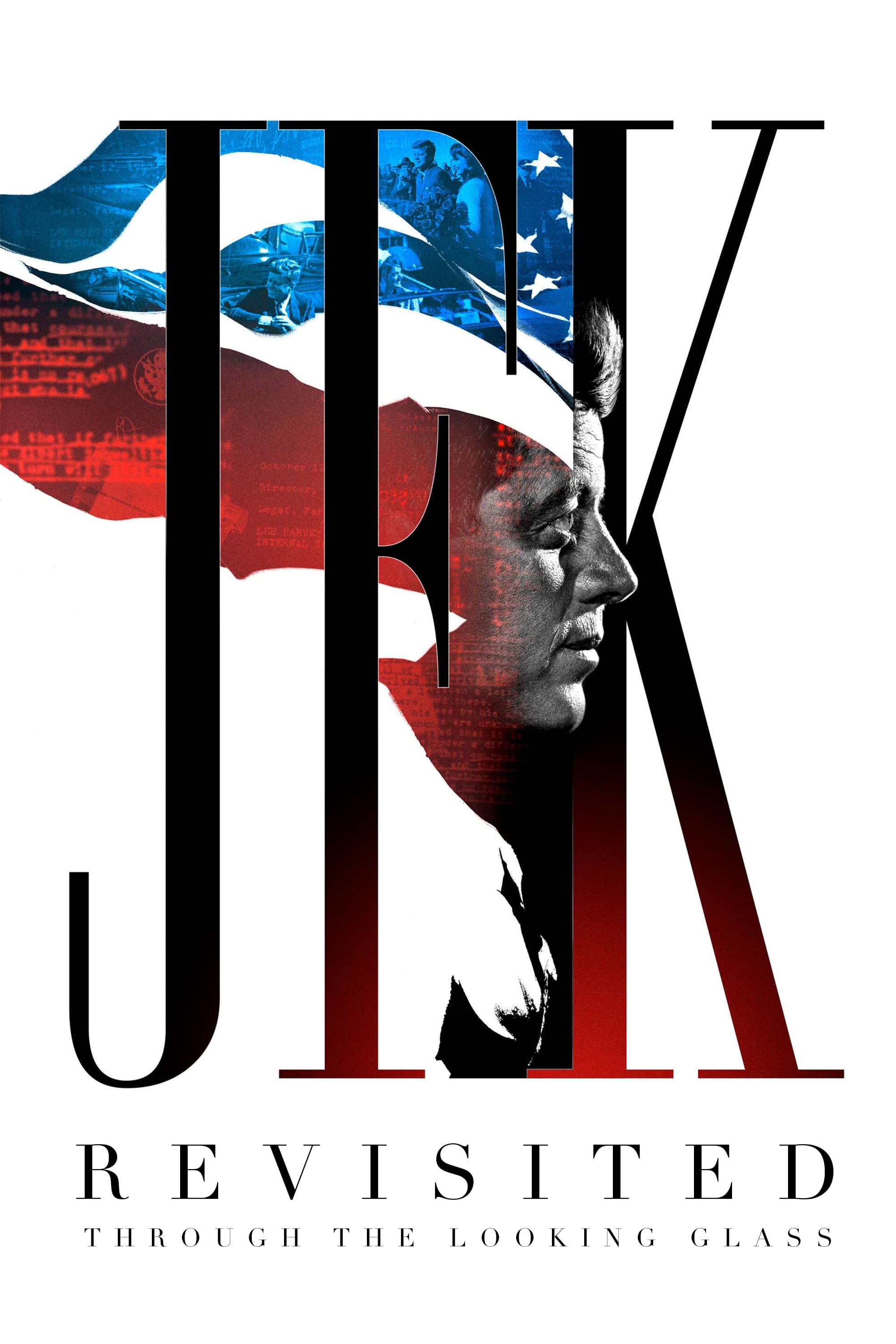
Thirty years after the release of his film JFK (1991), filmmaker Oliver Stone reviews recently declassified evidence related to the assassination of President John F. Kennedy, which took place in Dallas on November 22, 1963.
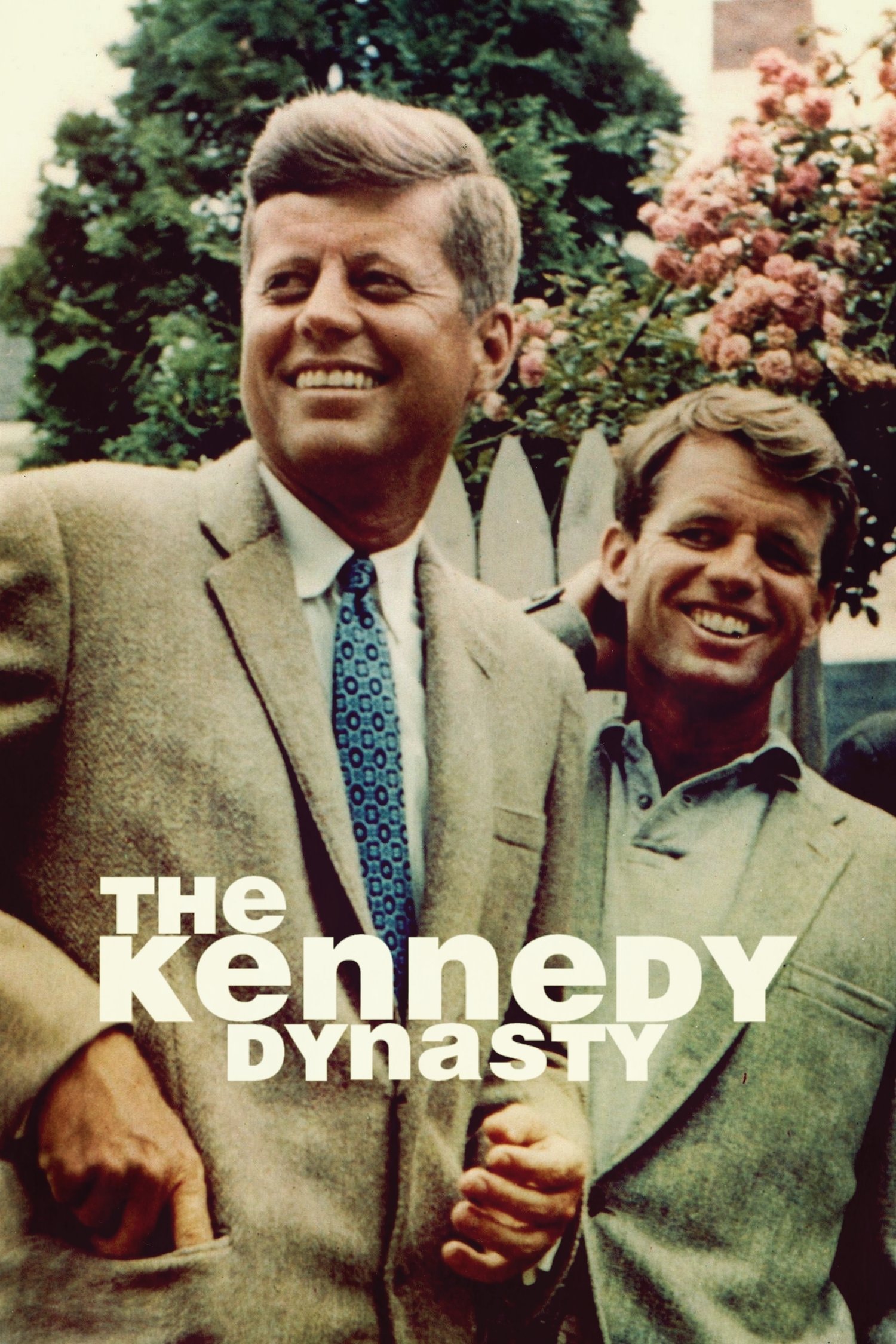
The story of a powerful political and economic dynasty, fundamental to understanding the turbulent destiny of the United States of America throughout the 20th century; of nine brothers who had truly extraordinary lives, marked by both greatness and tragedy: the story of the Kennedy family.
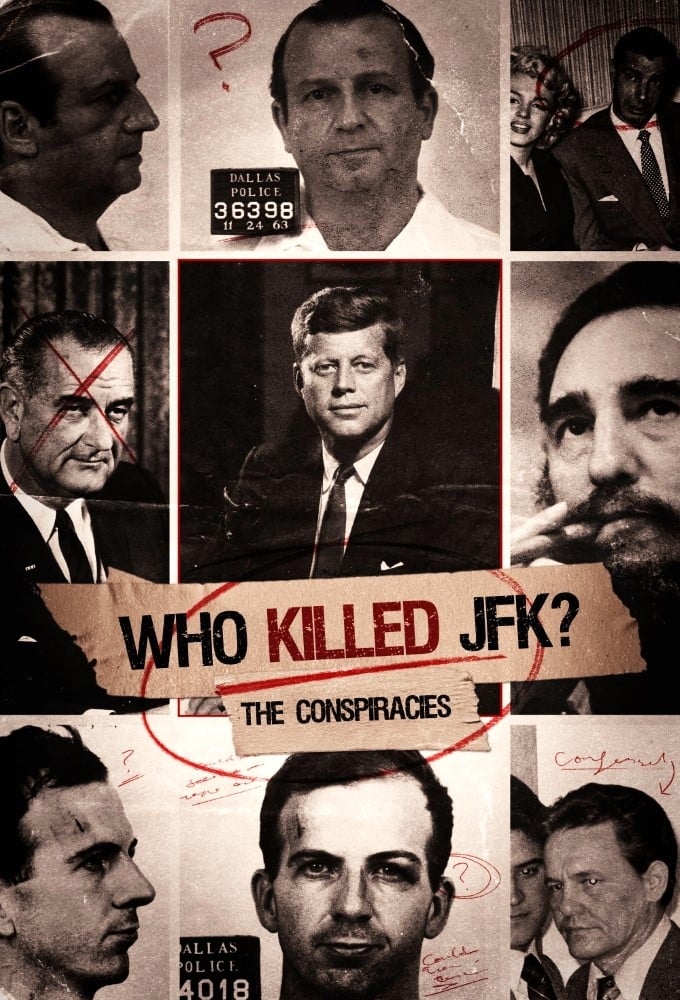
Over the decades, unanswered questions, tampered evidence, ulterior motives, and witness testimony surrounding the assassination has perpetuated conspiracy theories and alternative explanations that challenge the official narrative. Most of the figures involved--or knew who was involved--have mostly passed away, leaving avenues of investigation dead in their tracks. Over time, efforts to determine what happened have left more questions than answers. We take a look back on the moment that changed the course of world history, questioning the official record. Was the assassination a conspiracy?
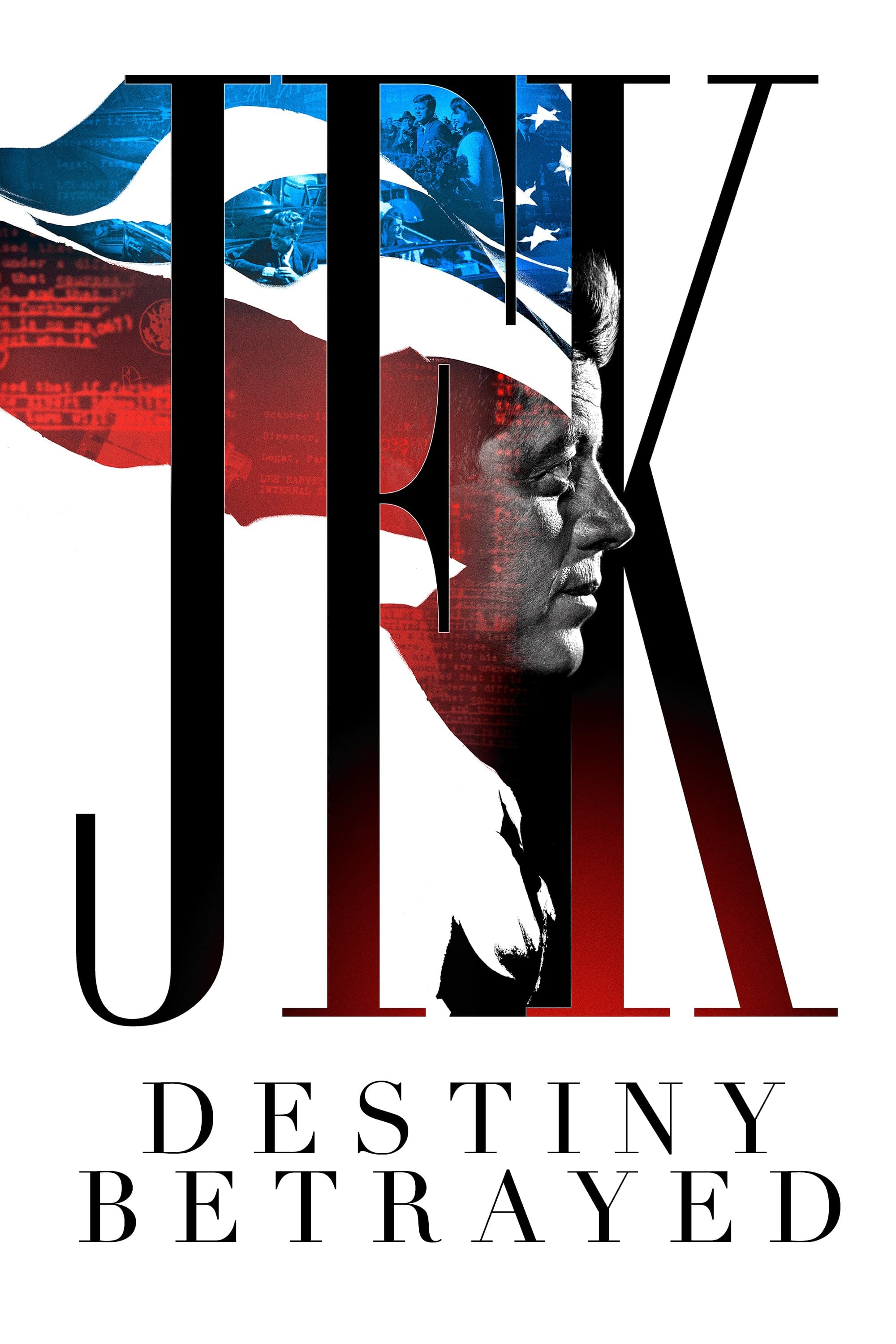
Thirty years after the release of his film JFK (1991), filmmaker Oliver Stone reviews recently declassified evidence related to the assassination of President John F. Kennedy, which took place in Dallas on November 22, 1963.
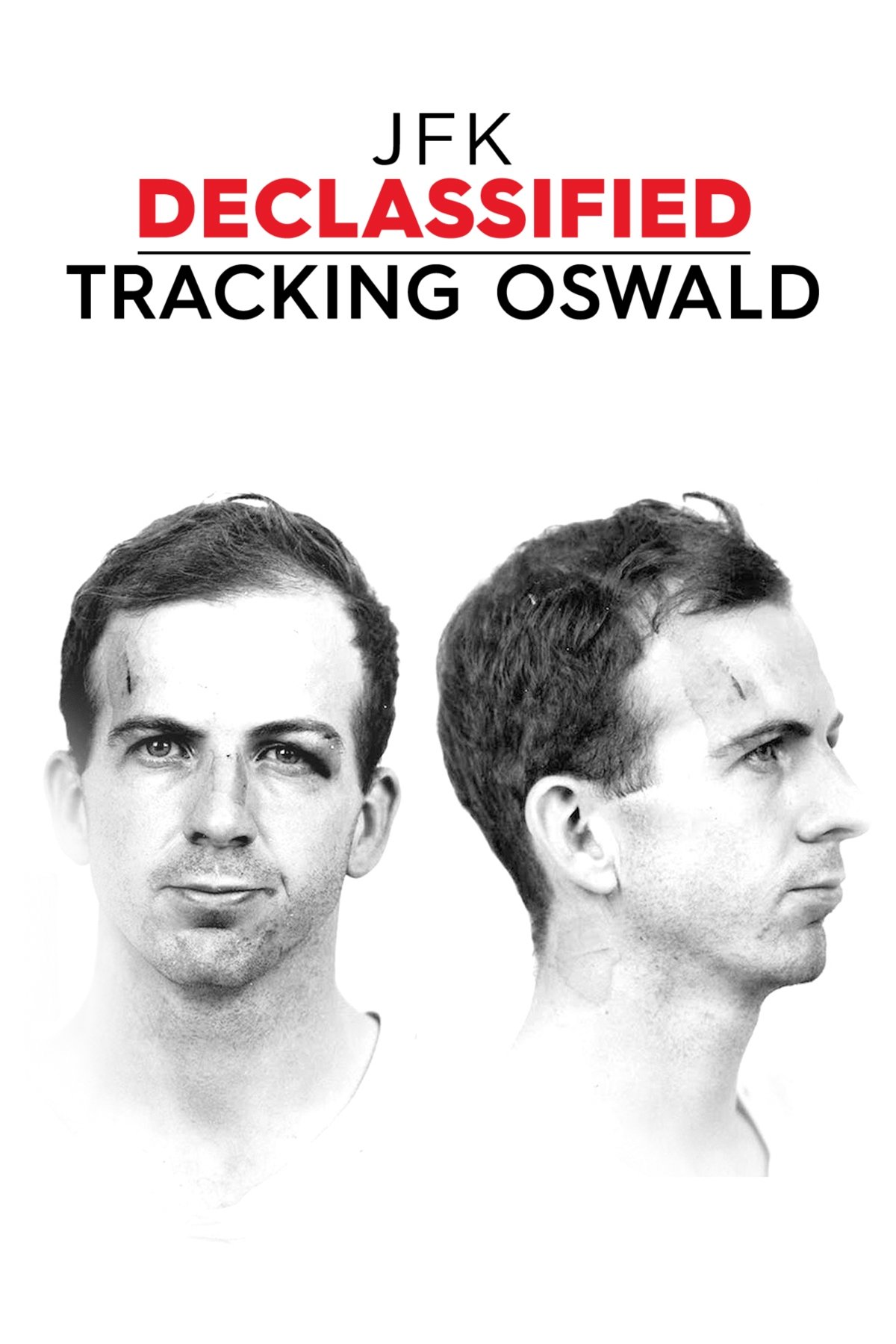
Follows former CIA agent, Bob Baer and former LAPD police lieutenant, Adam Bercovici, on their independent global investigation into Lee Harvey Oswald, and the murder of JFK, asking the questions: did he have accomplices, and if so, who helped him assassinate the President?
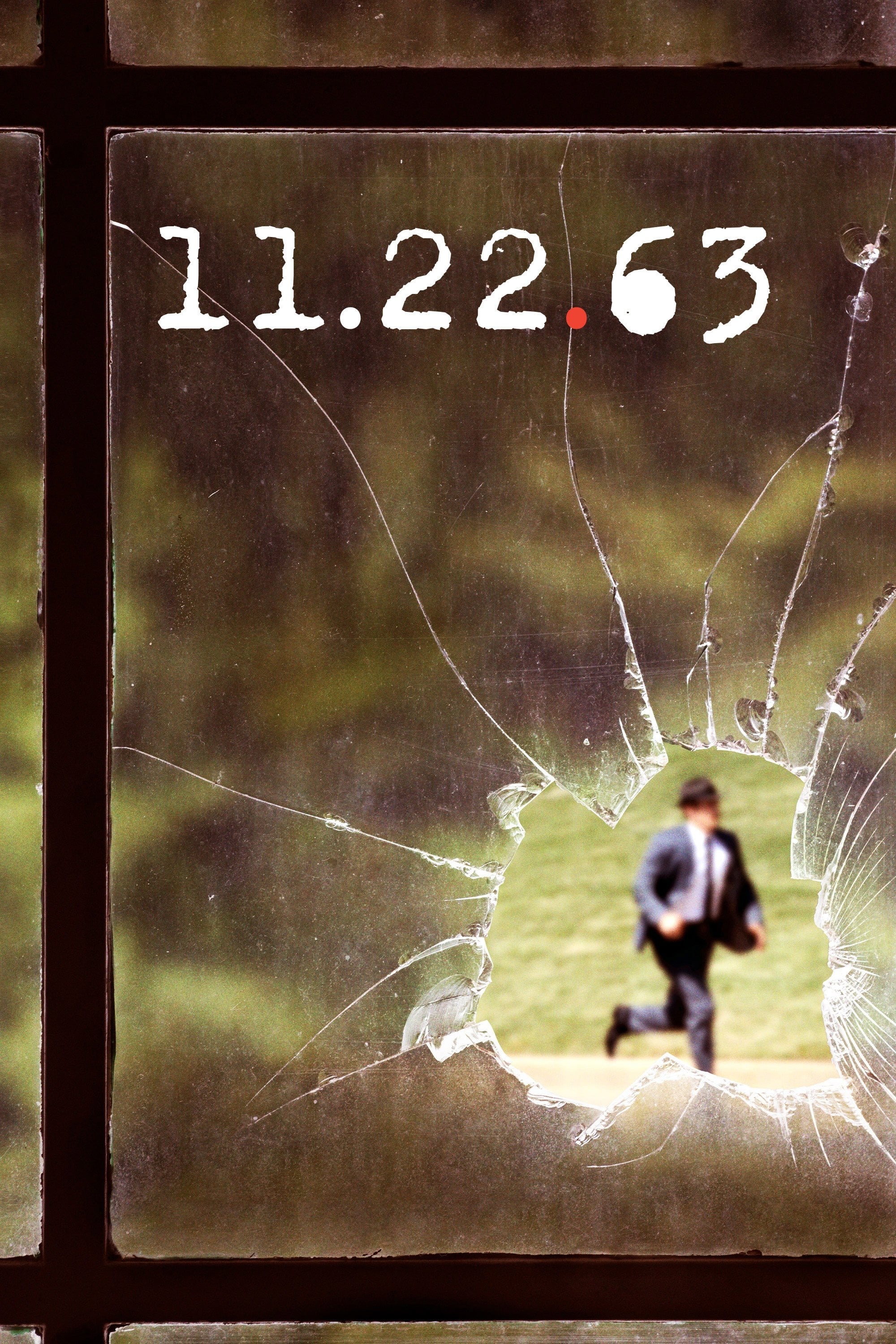
An English teacher travels back in time to prevent the Kennedy assassination, but discovers he is attached to the life he has made in a bygone era.
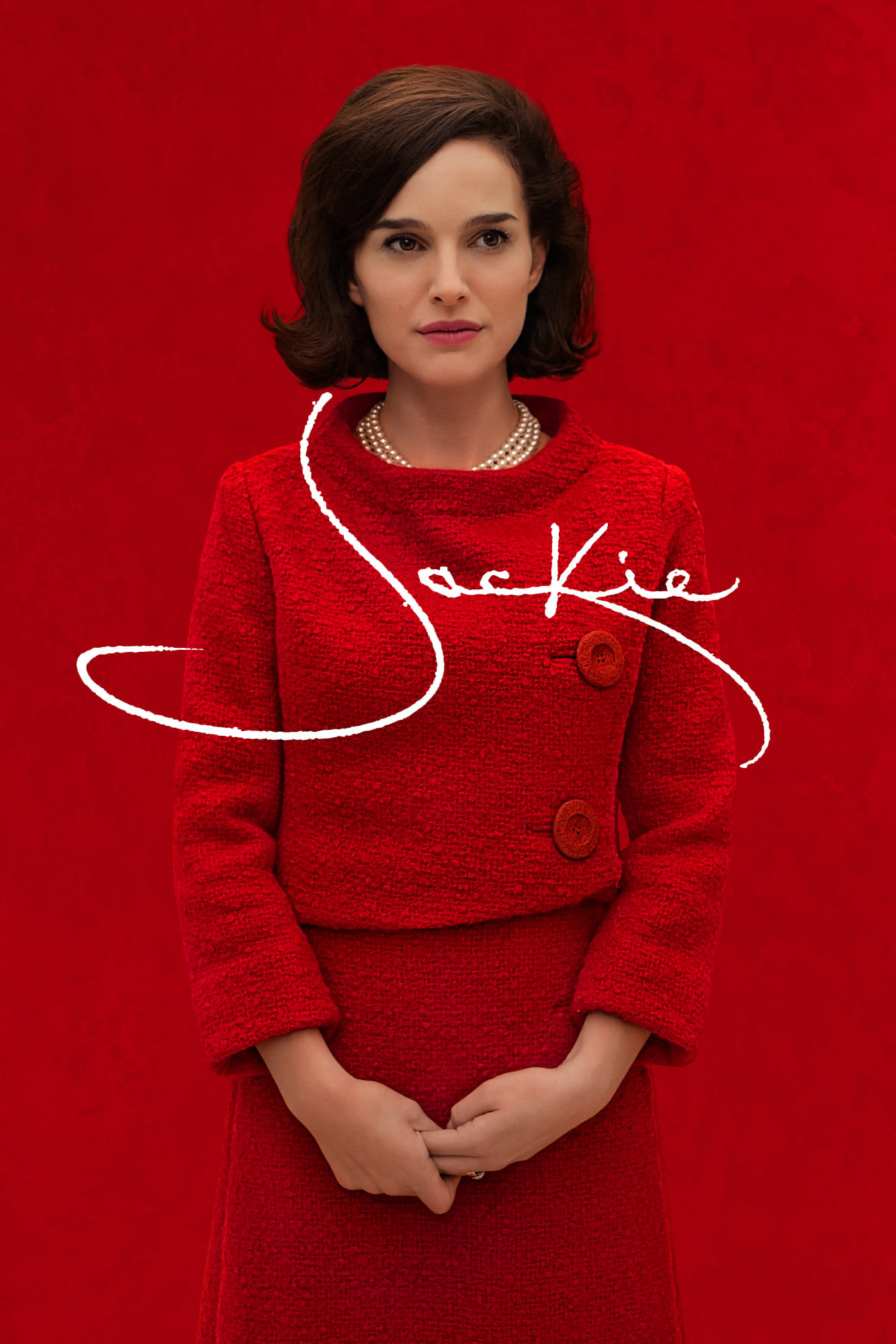
An account of the days of First Lady, Jacqueline Kennedy, in the immediate aftermath of John F. Kennedy's assassination in 1963.
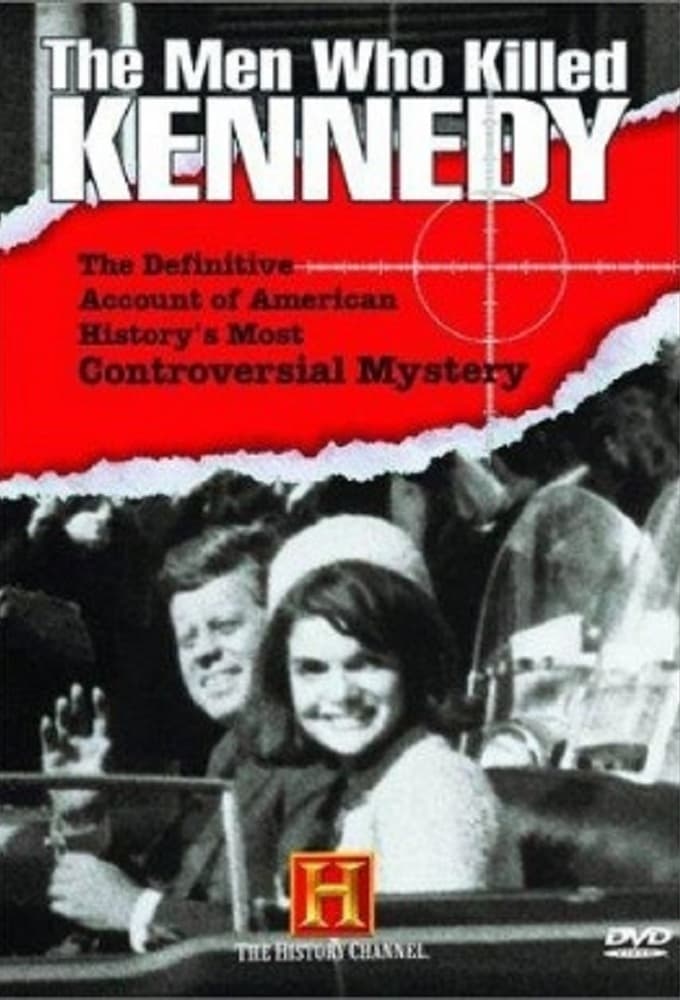
The Men Who Killed Kennedy is a nine-part United Kingdom ITV video documentary series by Nigel Turner about the John F. Kennedy assassination.
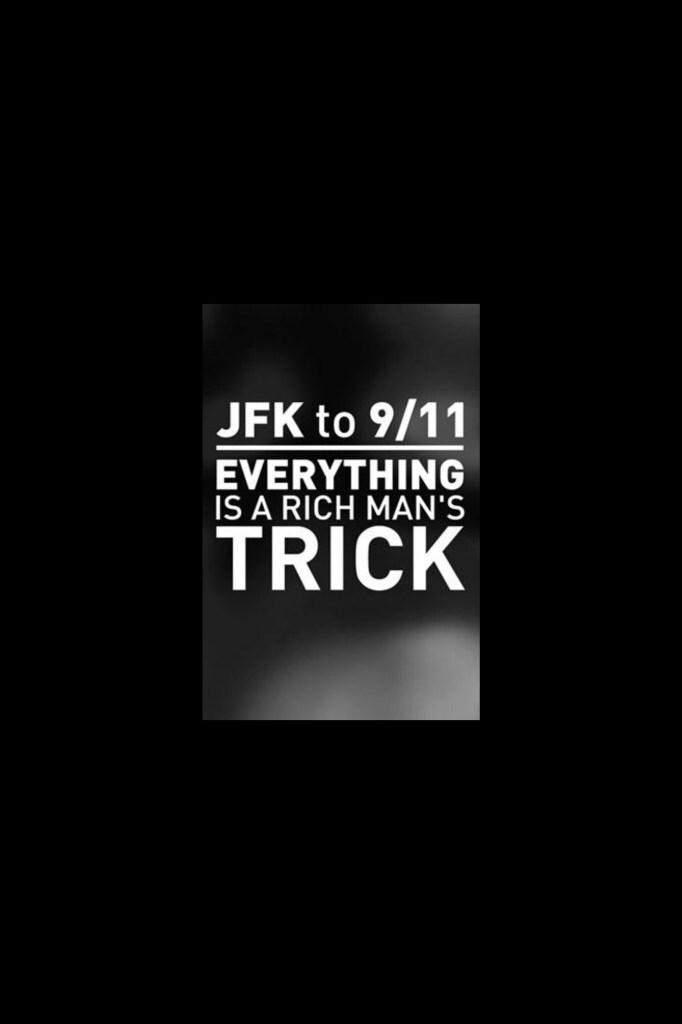
The real reasons and orchestrators behind Hitler, to an incredible theory of the JFK assassination, all the way to 9/11 and the current age of the terrorist. Taken from an historical perspective starting around World War 1 leading to present day.
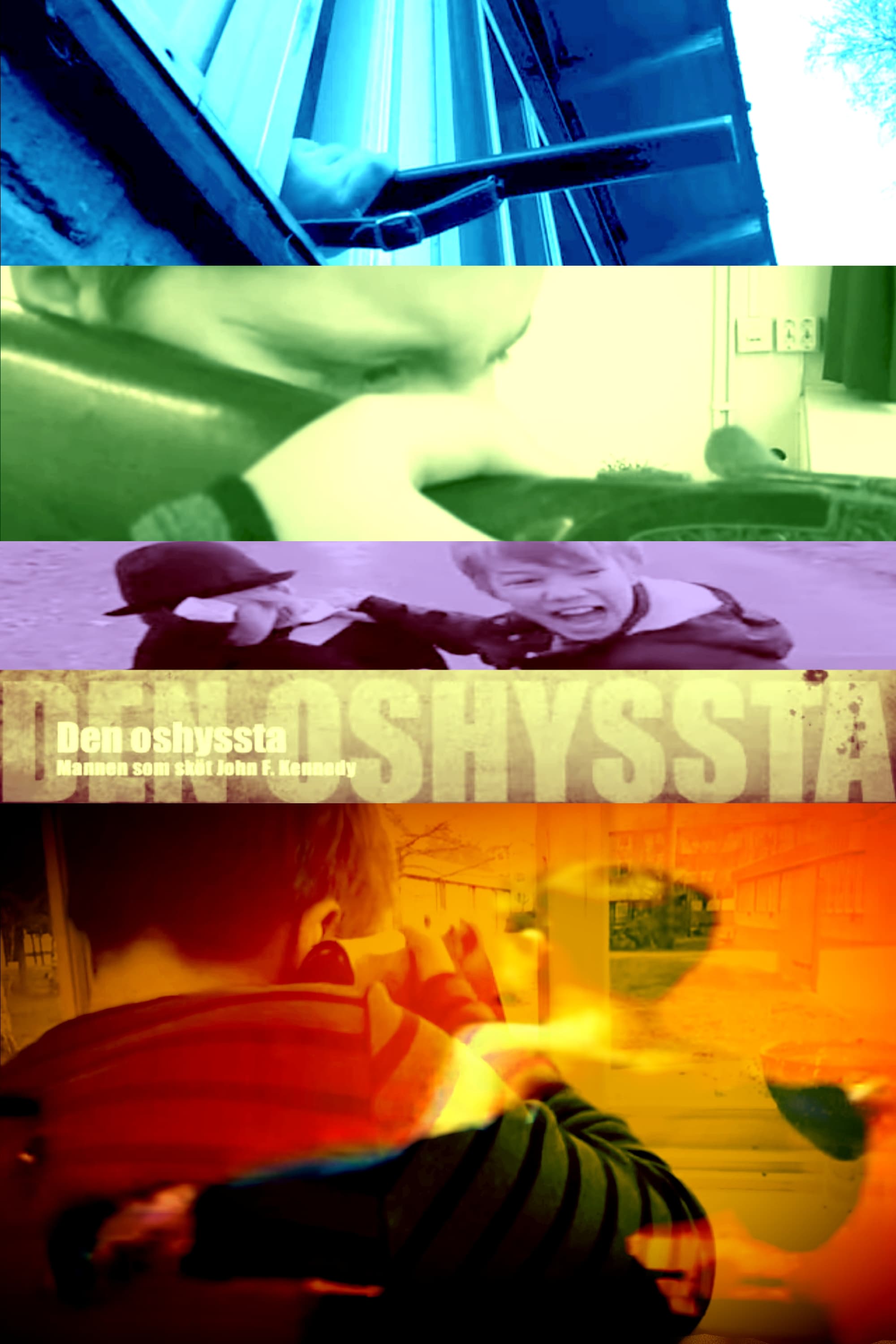
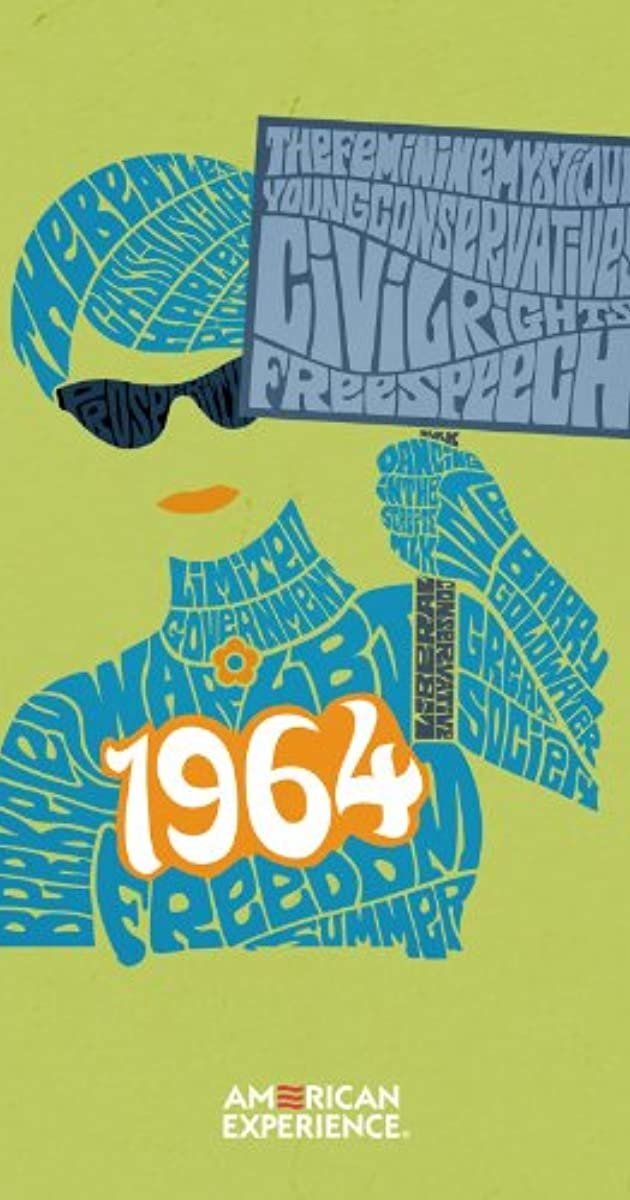
1964 was the year the Beatles came to America, Cassius Clay became Muhammad Ali, and three civil rights workers were murdered in Mississippi. It was the year when Berkeley students rose up in protest, African Americans fought back against injustice in Harlem, and Barry Goldwater’s conservative revolution took over the Republican Party. In myriad ways, 1964 was the year when Americans faced choices: between the liberalism of Lyndon Johnson or Barry Goldwater’s grassroots conservatism, between support for the civil rights movement or opposition to it, between an embrace of the emerging counterculture or a defense of traditional values.
By browsing this website, you accept our cookies policy.